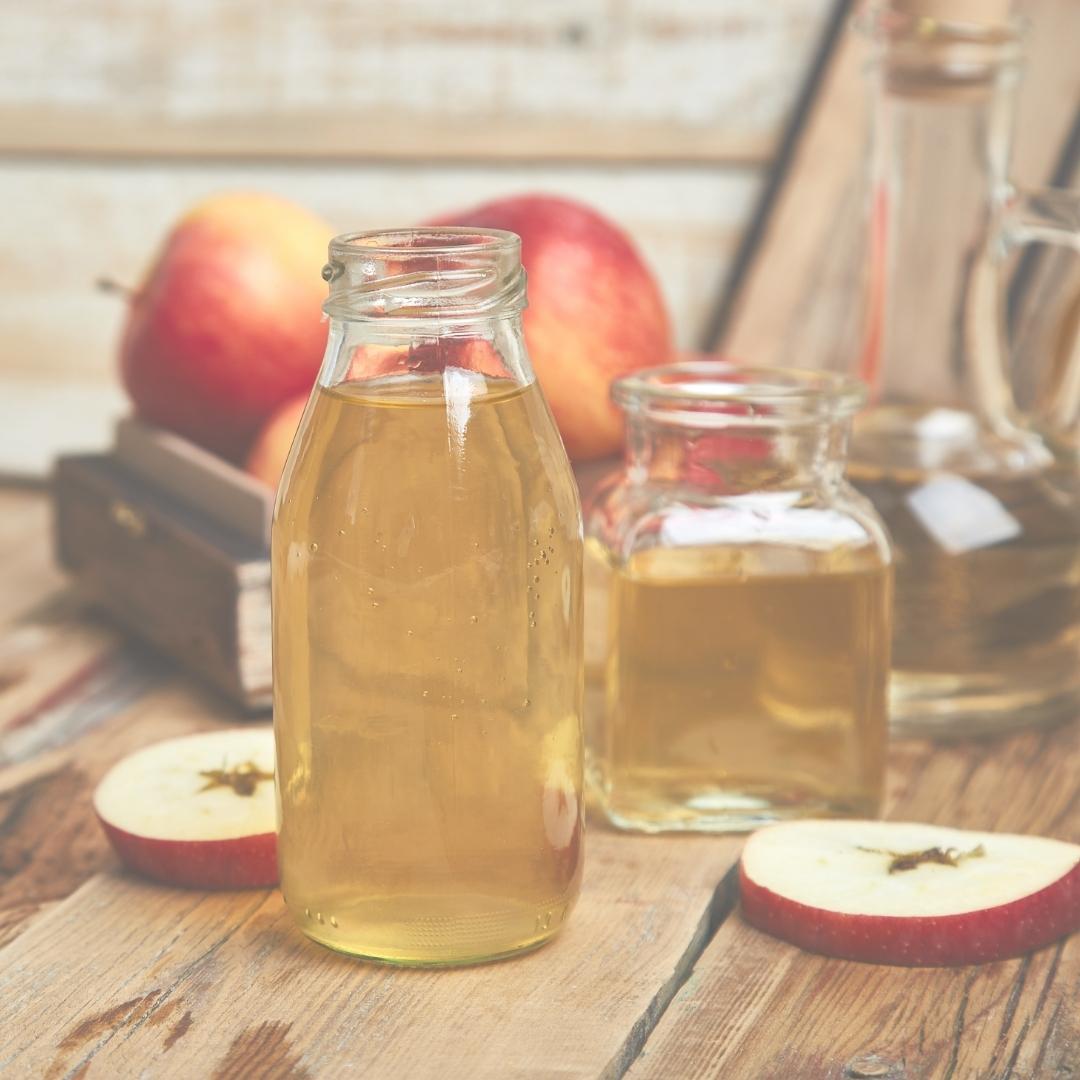
Pests and parasites aren’t just annoying—they can seriously affect your cow’s health, milk production, fertility, and more. Here’s how to create a simple, effective plan to protect your herd.

Why Parasite Control Matters
From biting flies and lice to internal worms, parasites come in many forms. Left unchecked, they can impact:
- Milk production
- Fertility and calving success
- Weight gain and body condition
- Skin and coat health
- Overall immune function
Whether you’re managing a family milk cow or a small herd, preventing parasites doesn’t have to be complicated—it just takes a clear plan.
Conventional Parasite Control
Many dairy farmers rely on proven products to manage pests:
- Pour-on insecticides
- Medicated feeds
- Insecticide ear tags
- Sprays and dusts
Internal parasites are typically treated with medications such as:
- Benzimidazoles
- Macrocyclic Lactones
- Levamisole
- Monepantel

???? Always follow the dosage on the label and consult your vet for proper use.
Holistic & Natural Approach
If you prefer a more natural or chemical-free approach, consider these options—either on their own or in combination with conventional methods.

Diatomaceous Earth (DE)
What it is:
A fine powder made from fossilized algae.
How it works:
Destroys insect exoskeletons, causing them to dehydrate.
How to use it:
- Dust on your cow’s coat
- Sprinkle in bedding or around loafing areas
Essential Oils (EOs)
Essential oils such as oregano, thyme, lemongrass, and tea tree offer powerful parasite-fighting properties.
Use with caution:
- Always dilute with a carrier oil before applying to skin.
- Use in homemade fly sprays.
- Some oils may be given orally, but always check with a veterinarian.

Medicinal Herbs

Offer fresh or dried herbs—or plant them directly in pasture so cows can self-medicate.
Herbs to consider:
- Oregano
- Thyme
- Wormwood*
- Garlic
- Fennel
*Wormwood is not safe during pregnancy; it can cause miscarriage
Apple Cider Vinegar (ACV)
Benefits:
- Aids digestion
- Boosts immunity
- Improves skin and heart health
- Deters internal parasites
How to use:
- Add 1–2% ACV to your cow’s water (or a generous “glug glug” per trough)
- Always choose raw, unfiltered, organic vinegar

Rotational Grazing
Rotational grazing helps break the parasite life cycle and promotes pasture health.
How it works:
- Move animals between paddocks
- Let pastures “rest” between grazings
- Reduce overgrazing and exposure to parasite-heavy plant bases
Considerations:
- Electric fencing is ideal for flexible setups
- Rest times vary by climate, species, and land availability

Final Thoughts
There’s no perfect formula for everyone. The best parasite control plan is one that fits your farm, your philosophy, and your cows.
Whether you choose conventional treatments, holistic remedies, or a smart combination of both—stay consistent, observant, and proactive.




